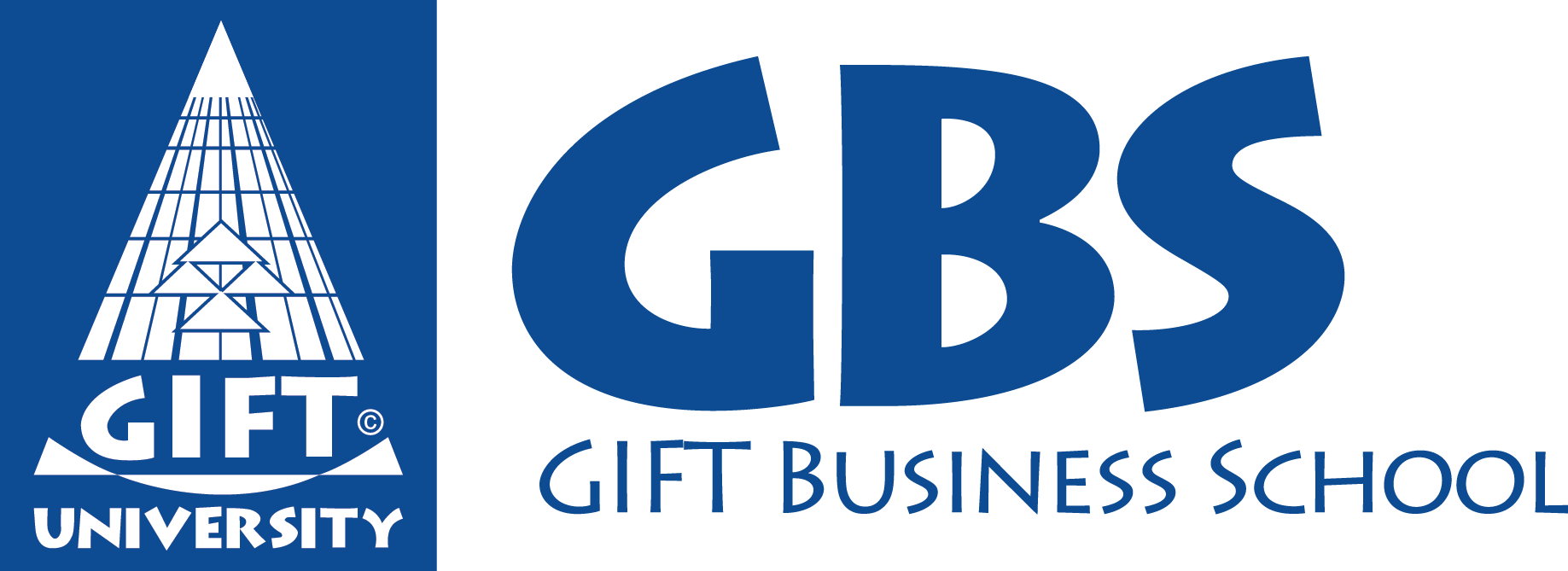In today’s dynamic world, various agreements play a crucial role in establishing legal terms and ensuring smooth transactions between parties involved. One such agreement is the lease agreement. It serves as a valuable tool that outlines the responsibilities and rights of both landlords and tenants in a rental arrangement.
A lease agreement is a bilateral document that legally binds the lessor (property owner) and the lessee (tenant) to a set of agreed-upon terms and conditions. This agreement ensures that both parties are aware of their obligations, including rent payment, duration of the lease, security deposits, maintenance responsibilities, and any additional provisions specific to the rental property.
Notably, lease agreements are not limited to domestic arrangements but extend to various scenarios, including international agreements. The definition of an international agreement encompasses treaties, conventions, and other contractual arrangements made between two or more countries to address mutual concerns and establish a framework for cooperation and collaboration.
Similarly, in the realm of employment, collective agreements between employers and labor unions, such as the PSAC current collective agreement, help regulate working conditions, wages, benefits, and other aspects of employment. These agreements aim to ensure fair treatment and protect the rights of workers.
In the field of freelance work, professionals often encounter situations where non-disclosure agreements come into play. For example, software developers engaging in freelance projects may need to sign a non-disclosure agreement to protect confidential information shared during the course of their work. This agreement prevents the unauthorized disclosure or use of sensitive data and promotes trust between parties involved.
Occasionally, circumstances may arise where one party deviates from the terms of an agreement, leading to a potential breach. In such cases, understanding the consequences and legal implications is essential. For instance, parties involved in a contract can seek legal advice on how to address a deviation from the agreement and undertake appropriate actions to enforce the intended terms.
When it comes to specific industries, like the construction sector, having clear and comprehensive agreements is crucial. For instance, homeowners seeking painting services can benefit from learning how to write a house painting contract to ensure that both parties understand the scope of work, costs, timelines, and other relevant details before commencing the project.
Lastly, service level agreements (SLAs) are common in industries like call center operations, where maintaining high-quality customer service is paramount. Businesses often follow best practices when creating SLAs to establish clear expectations regarding response times, call handling, customer satisfaction, and other crucial metrics.
Overall, various agreements serve critical functions in different contexts, ensuring transparency, fairness, and protection for all parties involved. Understanding the purpose and importance of these agreements can help individuals navigate legal complexities and establish mutually beneficial relationships.
